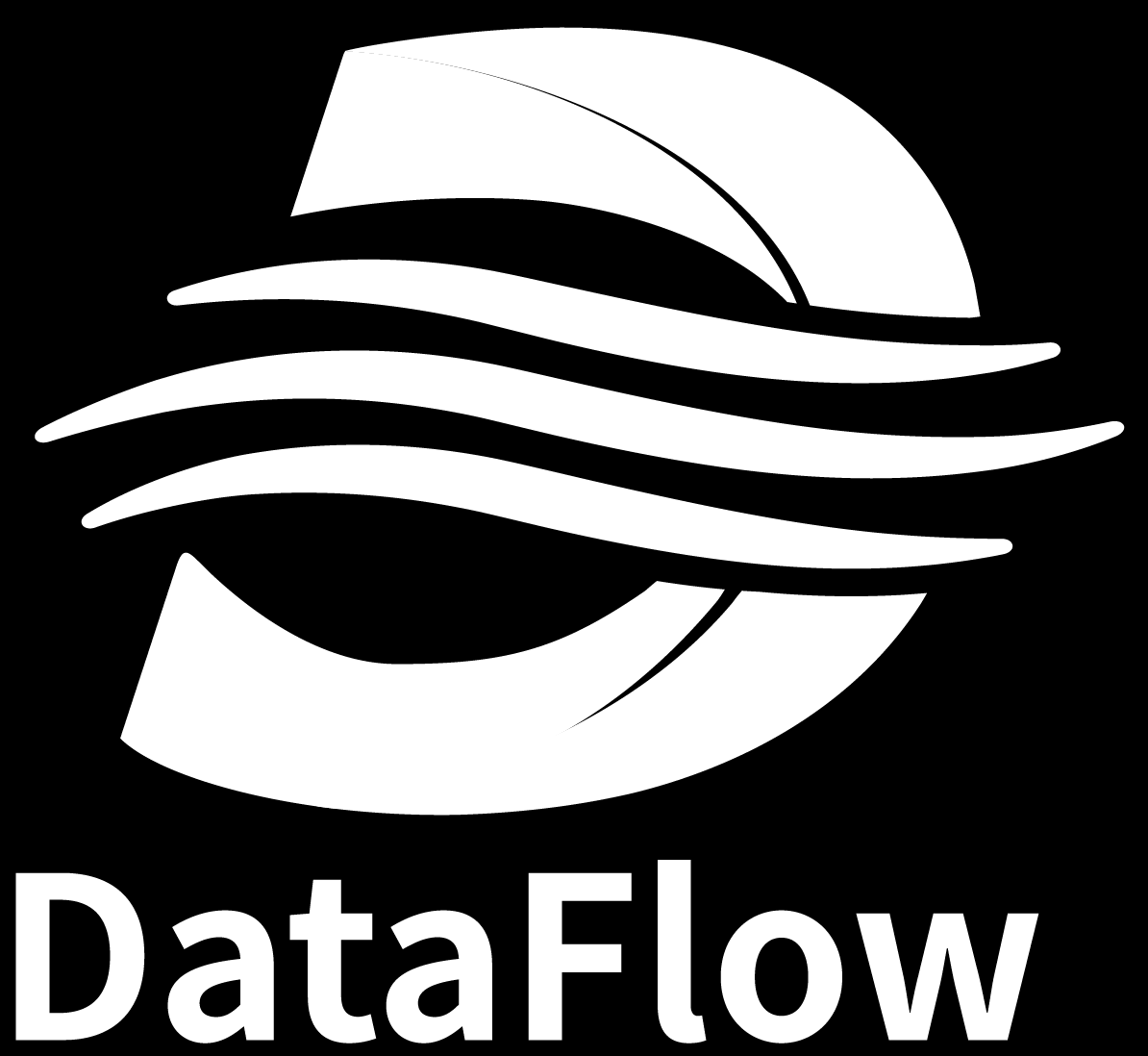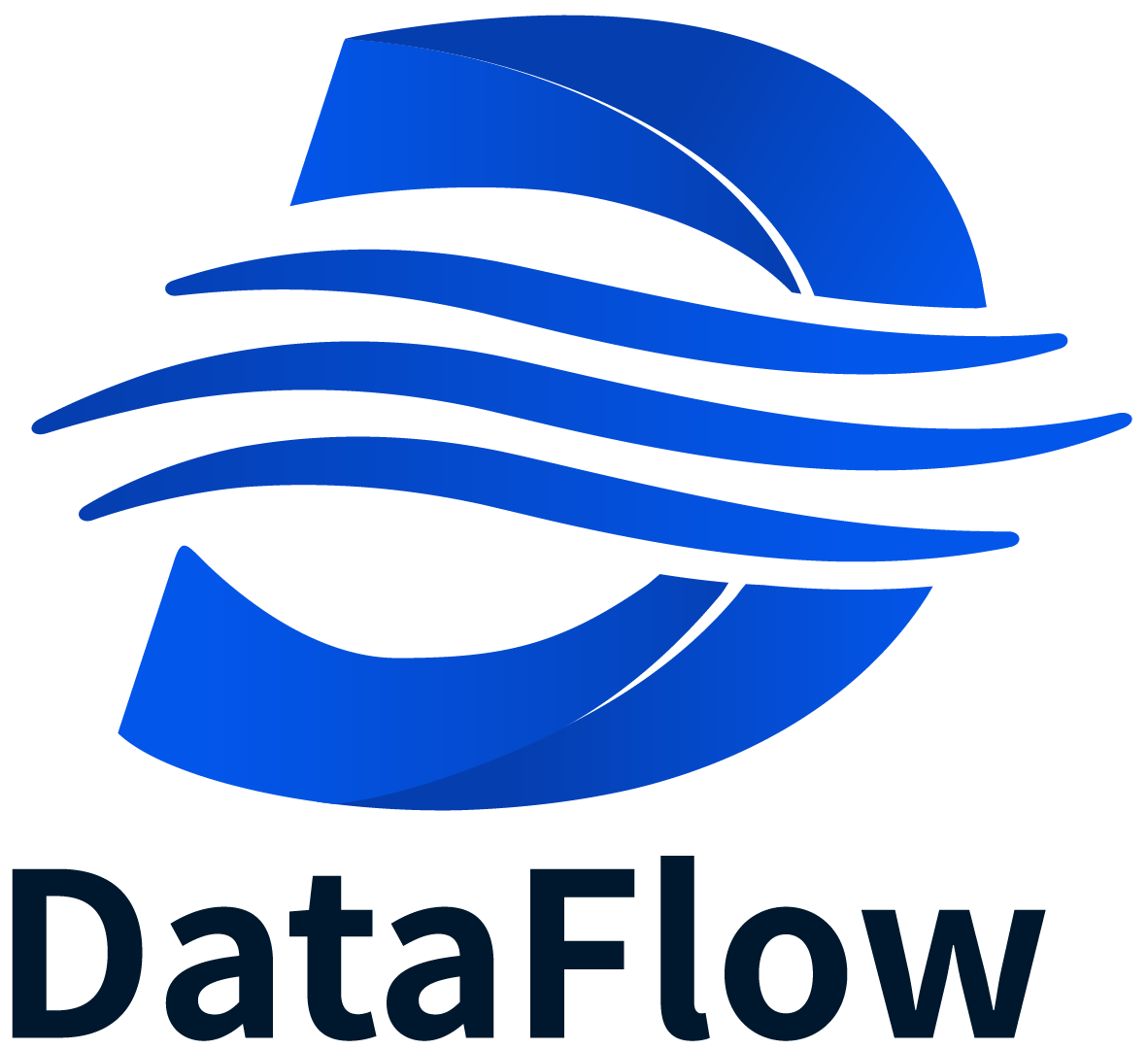AgenticRAG Operators
About 1027 wordsAbout 3 min
2025-06-24
Overview
AgenticRAG Operators are a specialized suite of tools designed for agentic RAG (Retrieval-Augmented Generation) tasks, with a particular focus on generating question-and-answer (QA) samples from provided text to support RL-based agentic RAG training. These operators are primarily categorized into two groups: Data Generation Operators (Generators) and Evaluating Operators (Evaluators).
- 🚀 Independent Innovation: Core algorithms developed from scratch, filling existing algorithmic gaps or further improving performance, breaking through current performance bottlenecks.
- ✨ Open Source First: First integration of this operator into mainstream community frameworks, facilitating use by more developers and achieving open-source sharing.
Data Generation Operators
Data Generation Operators are responsible for producing RAG-related RL training data, including automated prompt creation, question and answer generation, and QA scoring.
| Name | Application Type | Description | Official Repository or Paper |
|---|---|---|---|
| AgenticRAGAtomicTaskGenerator✨ | Atomic Task Generation | Generates high-quality questions and verifiable answers based on the given text content. | Refined and improved from https://github.com/OPPO-PersonalAI/TaskCraft |
| AgenticRAGWidthQAGenerator✨ | QA Breadth Expansion | Combines multiple QA pairs to generate new, more difficult QA pairs. | Refined and improved from https://github.com/OPPO-PersonalAI/TaskCraft |
| AgenticRAGDepthQAGenerator✨ | QA Depth Expansion | Expands individual QA pairs into new, more challenging QA pairs. | Refined and improved from https://github.com/OPPO-PersonalAI/TaskCraft |
Data Evaluation Operators
Data evaluation operators are responsible for assessing reinforcement learning training data related to RAG, including quality scoring for questions and answers.
| Name | Application Type | Description | Official Repository or Paper |
|---|---|---|---|
| AgenticRAGQAF1SampleEvaluator🚀 | QA Scoring | Assesses the verifiability of answers with and without the presence of gold documents in QA tasks. | - |
Operator Interface Usage Instructions
Specifically, for operators that specify storage paths or call models, we provide encapsulated model interfaces and storage object interfaces. You can predefine model API parameters for operators in the following way:
from dataflow.llmserving import APILLMServing_request
llm_serving = APILLMServing_request(
api_url="your_api_url",
model_name="model_name",
max_workers=5
)You can predefine storage parameters for operators in the following way:
from dataflow.utils.storage import FileStorage
self.storage = FileStorage(
first_entry_file_name="your_file_path",
cache_path="./cache",
file_name_prefix="dataflow_cache_step",
cache_type="json", # jsonl, json, ...
)The llm_serving and self.storage used in the following text are the interface objects defined here. Complete usage examples can be found in DataFlow/dataflow/statics/pipelines/api_pipelines/agentic_rag_pipeline.py.
For parameter passing, the constructor of operator objects mainly passes information related to operator configuration, which can be configured once and called multiple times; while the X.run() function passes key information related to IO. Details can be seen in the operator description examples below.
Detailed Operator Descriptions
Data Generation Operators
1. AgenticRAGAtomicTaskGenerator
Function Description: This operator is used to generate appropriate high-quality questions and verifiable answers for the provided text content.
Input Parameters:
__init__()llm_serving: Large language model interface object to use (default: predefined value above)
run()storage: Storage interface object (default: predefined value above)input_key: Field name of the input text content (default:"prompts")output_question_key: Field name for the output question (default:"question")output_answer_key: Field name for the output answer (default:"answer")output_refined_answer_key: Field name for the output refined answer (default:"refined_answer")output_optional_answer_key: Field name for the output optional refined answer (default:"optional_answer")output_golden_doc_answer_key: Field name for the output answer based on gold documents (default:"golden_doc_answer")
Key Features:
- Supports various types of text content
- Capable of generating appropriate question-answer pairs
- Generates verifiable answers and alternative answers
Usage Example:
atomic_task_generator = AgenticRAGAtomicTaskGenerator(
llm_serving=self.llm_serving
)
result = atomic_task_generator.run(
storage = self.storage.step(),
input_key = "contents",
)2. AgenticRAGWidthQAGenerator
Function Description: This operator is used to combine two QA pairs and generate a new question.
Input Parameters:
__init__()llm_serving: Large language model interface object to use (default: predefined value above)
run()storage: Storage interface object (default: predefined value above)input_question_key: Field name for the input question (default:"question")input_identifier_key: Field name for the input identifier (default:"identifier")input_answer_key: Field name for the input answer (default:"answer")output_question_key: Field name for the output question (default:"generated_width_task")
Key Features:
- Combines two QA pairs to generate a more complex new question.
Usage Example:
width_qa_generator = AgenticRAGWidthQAGenerator(
llm_serving=self.llm_serving
)
result = width_qa_generator.run(
storage = self.storage.step(),
input_question_key = "question",
input_identifier_key = "identifier",
input_answer_key = "refined_answer"
)3. AgenticRAGDepthQAGenerator
Function Description: This operator is used to generate deeper questions based on existing QA pairs.
Input Parameters:
__init__()llm_serving: Large language model interface object to use (default: predefined value above)
run()storage: Storage interface object (default: predefined value above)input_key: Field name for the input (default:"question")output_key: Field name for the output (default:"depth_question")
Key Features:
- Generates deeper questions based on existing QA pairs
Usage Example:
depth_qa_generator = AgenticRAGDepthQAGenerator(
llm_serving=self.llm_serving
)
result = depth_qa_generator.run(
storage = self.storage.step(),
input_key = "question",
output_key = "depth_question"
)Data Evaluation Operators
1. AgenticRAGQAF1SampleEvaluator
Function Description: This operator is used to evaluate the verifiability of QA tasks with and without support from gold documents.
Input Parameters:
__init__()llm_serving: Large language model interface object to use (default: predefined value above)
run()storage: Storage interface object (default: predefined value above)prediction_key: Field name for the input prediction (default:"refined_answer")ground_truth_key: Field name for the input ground truth answer (default:"golden_doc_answer")output_key: Field name for the output QA quality score (default:"F1Score")
Key Features:
- Generates verifiability evaluation results with and without gold document support, facilitating subsequent filtering.
Usage Example:
f1_scorer = AgenticRAGQAF1SampleEvaluator()
result = f1_scorer.run(
storage=self.storage.step(),
output_key="F1Score",
input_prediction_key="refined_answer",
input_ground_truth_key="golden_doc_answer"
)
